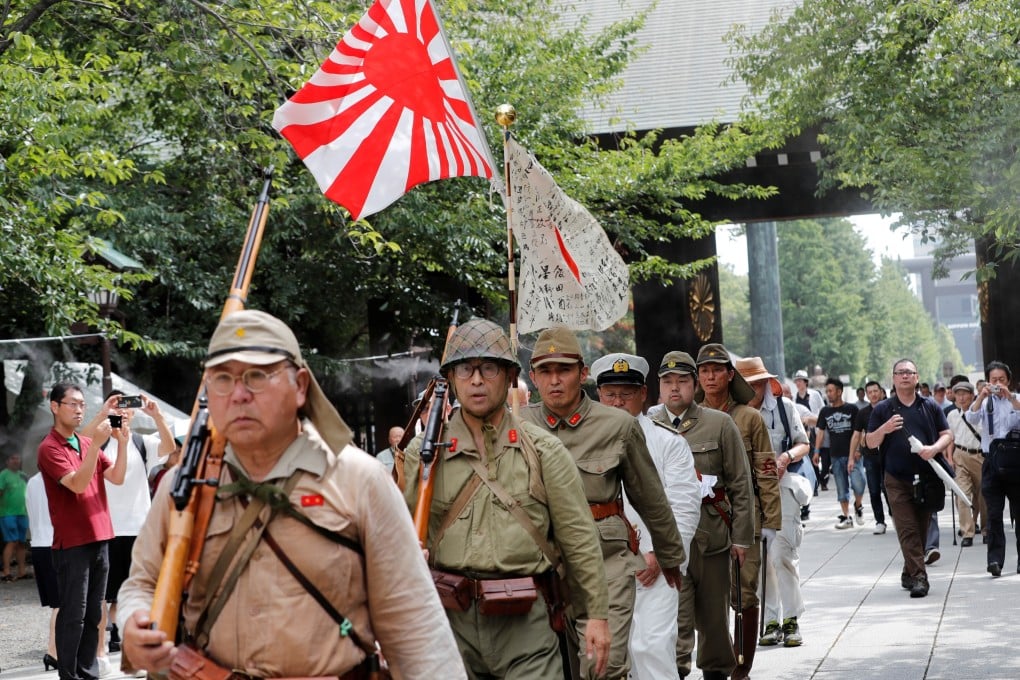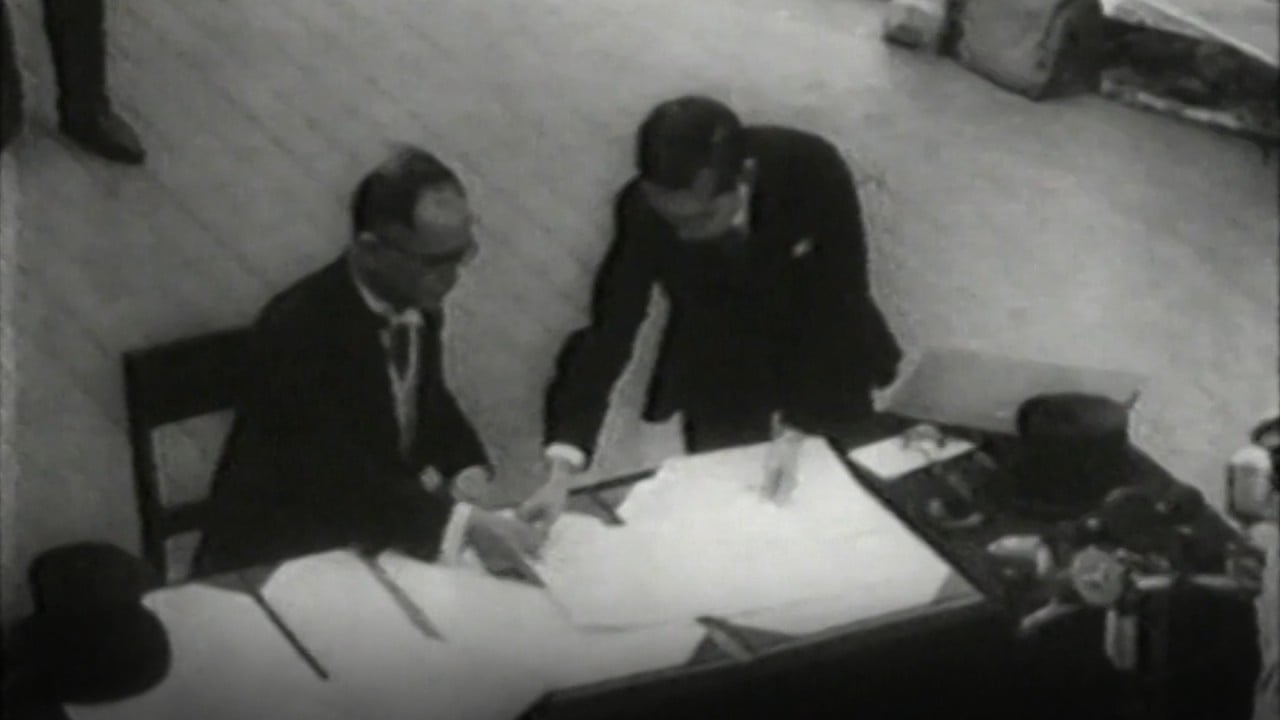Mystery of 11 Chinese tortured in Japan unearthed in forgotten WWII document trove
- The 11 men, who traded in Kimono fabric in Osaka and travelled frequently for work, were suspected of being spies for the Chinese Nationalists
- They were beaten with bamboo sticks, burned with flaming newspapers and left in their cells during Allied air raids. Six subsequently died.

The police destroyed all documents connected to the case when it became apparent that Japan had lost the war, and the Chinese community who survived the devastating air raids on Japan’s second-largest metropolis largely kept silent on the matter out of fear that they could once again become the target of nationalists and xenophobes.
Details of what happened to the men only started to come to light thanks to the work of a Japanese NGO called the POW Research Network, whose investigators uncovered a trove of long-forgotten documents in the country’s national library. Stored on microfilm, the documents found in the National Diet Library had been drawn up by the General Headquarters of the Allied Powers (GHQ) and used in the trial of the Japanese police officer who led the investigation into the Chinese men.
After that, the documents – and the killings – were forgotten.

04:00
75 years ago, Japan signed its surrender in Tokyo Bay, ending WWII in Asia
“It is likely that the Chinese had to keep their mouths tightly shut to carry on living in Japan after the war,” said Taeko Sasamoto, a researcher with the NGO, adding that the daughter of one of the victims said in an interview with the Mainichi newspaper that her mother also worried that if she knew the story of her father’s fate, she “would hold a grudge against Japanese people”.
